Approved by the Board of Trustees of Rockland Community College on November 30, 2016. Amended August 19, 2021 and again on June 26, 2023
Violations of this policy include but are not limited to the following:
- Cheating on an examination;
- Plagiarizing: that is, the taking and passing off as one’s own work the work of another (including essays, lab reports, art, music and other digital media tools) without citing the source;
- Using Artificial Intelligence tools (such as ChatGPT) without the express permission of the instructor. The student must divulge its use for anything including generation of ideas, creation of text, and/or reporting the sources;
- Creating/citing false or fictitious references or providing false data for a research project;
- Submitting work from another course unless receiving advanced approval to do so by the instructor;
- Stealing or possessing stolen examinations or course materials;
- Posing as another person or allowing another person to pose as oneself;
- Falsifying academic records;
- Giving and/or receiving help from others in work to be submitted, if contrary to stated course rules.
- Using complete or partial papers from websites, internet sources, and other sources of non-original work without citing the sources.
If the instructor deems that a student is guilty of cheating or plagiarism, the student will be informed of their alleged violation(s) by their instructor either verbally or in writing, and a meeting will be arranged between the instructor and student to discuss the evidence and to afford the student an opportunity to respond to alleged violations.
If a student is found to be in violation of academic honesty/integrity, a decision will be made by the instructor, in conjunction with the Program Director and/or School Dean as to an appropriate academic penalty.
The instructor may:
- Require that the student repeat the assignment or the examination;
- Give the student a failing grade for the assignment or examination;
- Give the student a failing grade in the course and deny the student continued access to the class;
- Recommend suspension or expulsion of the student, in extreme cases of policy violation, to the Vice President for Enrollment Management and Student Affairs.
If the accused student does not agree that they are in violation of the standard of academic honesty/integrity, and the academic penalty does not involve suspension or expulsion from academic programs of the College, they may appeal through the Appeal Process for Academic Sanctions outlined in the Student Code of Conduct. In cases where the academic penalty involves suspension or expulsion from academic programs of the College, a student may appeal through the Appeal Process for Suspensions or Expulsions as outlined in the Student Code of Conduct.
